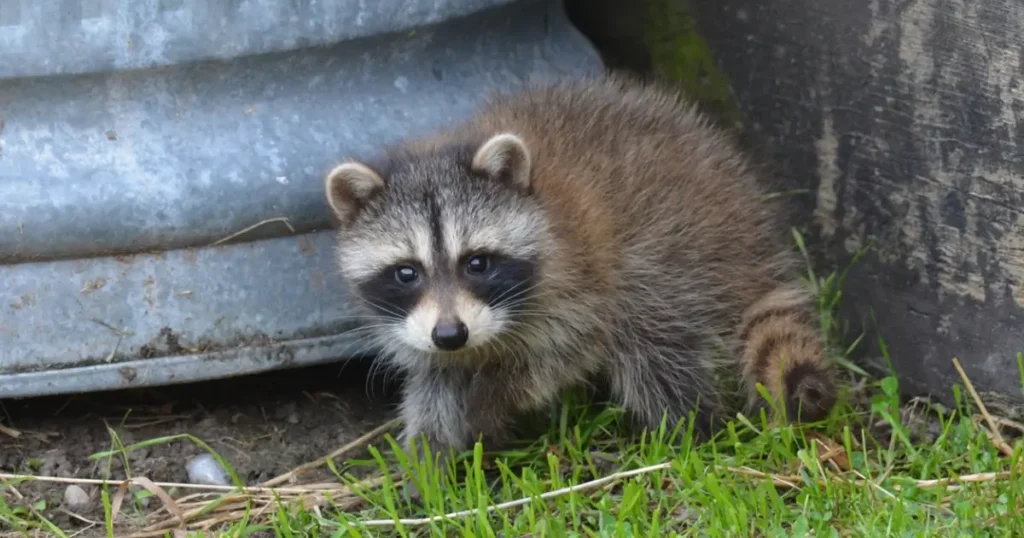
Photo by Carol Hamilton / Getty Images
The toppling over of unsecured trash bins, digging at or around ornamental plants, and their propensity to setup multiple dens can make raccoons a frustrating neighbour at times. But did you know raccoons play vital roles in ecosystems – and keeping them around is more beneficial?
Here’s a few ways that raccoons benefit ecosystems (including urban ones!):
1 Seed dispersal. Raccoons love to eat all kinds of different foods – and that’s good news for native plants! By eating seeds or plants themselves, raccoons participate in zoochory – the process of moving seeds around the landscape by animal consumption. This process also means that deposited seeds will have extra nutrition and organic matter when they… land.
2 Insect patrol. Larger insects like beetles, grasshoppers and caterpillars are a food source raccoons will much on – and that can help prevent infestations and subsequent damage caused by these insects.
3 Clean up crew. Regarding what raccoons like to eat, they’ll also feast on carrion – the remainders of dead animals. This helps break down the carcass and contribute to soil health.
4 New home builders. Raccoons can get themselves into tricky situations by setting up dens in people’s sheds, homes, or businesses. But their natural den sites – like hollowed out trees, burrows, or logs – can become habitat for other species like insects, birds, and mammals.
Managing Issues
If you have raccoons investigating your garden, taking up residency in your house, or exploring your garbage cans with more vigour than you like, here’s a few ways to manage without the need for trapping or dangerous removal (click here to read why this is never an ideal solution for homeowners without professional help).
In the garden
- Utilize fencing and plant/row protectors.
- Use motion-sensitives lights or sprinklers (remember to move them regularly).
- Harvest fruits, vegetables, and berries when they are ripe, and remove any that have fallen.
Around garbage
- Keep garbage secure until pickup (or as otherwise prescribed by your local government).
- Consider using bungee cables to prevent lids and cans from being knocked over.
- Clean food or organic matter from recyclables before putting them in bins.
- Keep the area clean and free of detritus. Wash it regularly to help removal smells and liquids.
- Use wildlife-resistant waste receptacles.
In and around the house
- Never try to remove raccoons yourself.
- Never try to trap raccoons yourself.
- Allow raccoons with kits to move on if they are under a shed or deck – they often will after the newborns are old enough.
- If removal is necessary, contact a humane removal agency (like one from AnimalKind.ca) and request references to ensure they are ethical and humane.
- Prevention is key: do a seasonal check of your home/business and look for possible entry points, and work with a contractor to secure these safely.
- Never feed wildlife.
